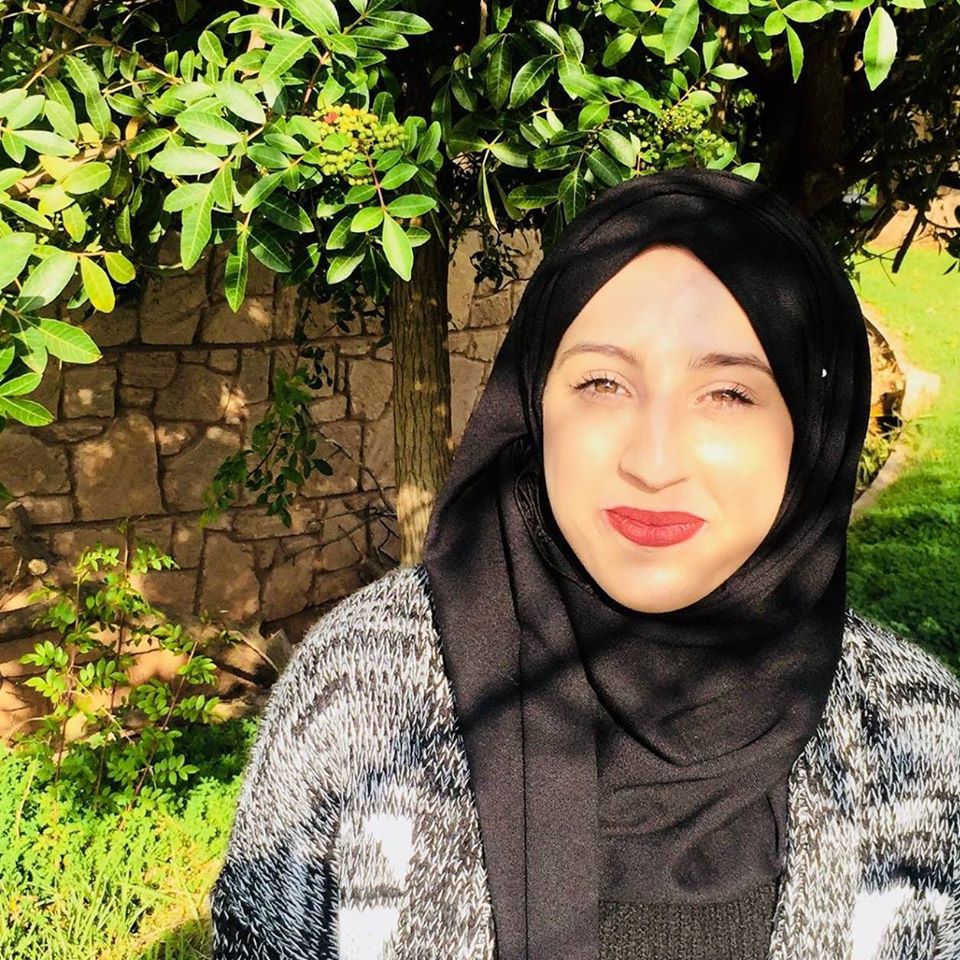ظهرت الصحافة كأداة لتثقيف وتنوير الشعوب، على يد مفكرين ونخبة مثقفة سعيا منها للرقي بمستوى وعي الرأي العام وتنويره بما يجري حوله من أحداث. بصيغة أخرى، كانت الصحافة وما زالت تلعب دورا هاما في بناء المجتمع وتنشئة أفراده سياسيا وثقافيا.. بفسادها تفسد مكونات المجتمع وتشيع الفوضى داخل نسيجه، والعكس صحيح أيضا. ولعل هذا ما تم تلخيصه في الوظائف الكلاسيكية الثلاث للصحافة، وهي: الإخبار، والتثقيف، والترفيه.
إن تحقيق الوظائف الثلاث للصحافة لا يمكن أن يتم إلا عبر التكوين الجيد للمنتمين إلى المجال، تكوين يُشترط فيه مراعاة مستجدات العصر المرتبطة بالثورة الرقمية التي يشهدها العالم ومعه الصحافة أيضا.
التطور الرقمي جعل الصحافة تتخطى همّ جمع الأخبار وتحريرها لتوعية المواطن بما يجري حوله، إلى همّ إنتاج أخبار في قوالب مبتكرة بوسعها جذب أكبر عدد من المتابعين، في وقت تراجعت فيه المقروئية الورقية وهاجر الجميع إلى منصات وشبكات التواصل الاجتماعي بحثا عن السرعة والآنية في تحصيل المعلومة.
ما نريد قوله، أن الرسالة النبيلة للصحافة لا يمكن أن تؤدى إلا إذا اهتممنا بحاملها، وهو هنا الطالب الصحفي.
هكذا، فقد أصبح لزاما على مؤسسات ومعاهد الصحافة النهوض بالمهام المنوطة بها، من خلال تأمين تكوين من شأنه تحفيز الطلبة على خدمة المهنة أولا، وخدمة مجتمعهم ثانيا، وهو معطى لا يتم العمل عليه كفاية في بلداننا، حيث يعرف التكوين الصحفي تقصيرا على المستوى الرقمي.
رقمنة "محتشمة"
في البداية، لا بد أن ننبه مؤسساتنا ومعاهدنا الصحفية إلى أننا نعيش في عصر الإعلام الجديد.. عصر أصبحت معه التقنية الرقمية جزءا لا يتجزأ من عمل الصحفي. فمثلا، أصبح الهاتف المحمول وسيلته المفضلة نظرا لمزاياه الكثيرة، مما نتج عنه ظهور نوع جديد من الصحافة، ألا وهو "صحافة الموبايل". فقد صار بإمكان الصحفي -وهذا شأن العديد من المنصات الإعلامية الأجنبية- العمل بالهاتف المحمول لإنتاج مواد صحفية متميزة -بما فيها المواد السمعية البصرية- بالسرعة والجودة المطلوبتين، ويكفيه فقط التمكن من التقنية الرقمية ليطلق العنان لإبداعه.
في مقابل هذا كله، ما زالت مؤسسات ومعاهد التكوين الصحفي غير مبالية بالثورة الرقمية، في تشبث دائم بالدروس النظرية والتقنية التقليدية في التكوين الصحفي بشقيه النظري والعملي، دون إتاحة فرص كافية للطلاب الصحفيين لاختبار مهاراتهم ومكتسباتهم.
إن ضعف المزاوجة بين التجربة النظرية والعملية التي تأخذ بعين الاعتبار الظرفية الرقمية التي نعيشها هو أبرز ما يعاب على التكوين الصحفي المقدم من طرف المؤسسات ومعاهد التكوين في بلداننا.
صحيح أن إتقان الكتابة الصحفية التقليدية مهم جدا، وبدونها لا يجوز إسناد صفة "الصحفي" لأحد، لكن المنافسة في السوق اليوم تفرض على الطالب الصحفي أن يتجاوز تقنية الهرم المقلوب والأسئلة الخمسة المتعارف عليها بين جميع الخريجين، وأن ينتقل إلى التدرب على أساليب الصحافة الرقمية الحديثة، وعلى رأسها أسلوب السرد القصصي الذي ظهر مع تغير نمط استهلاك الجمهور للمواد الإخبارية، حيث أصبح يَعتبرُ مواقع التواصل الاجتماعي المصدرَ الرئيسي للتزود بأخبار الساعة.
"مادة" التواصل الاجتماعي
على هذا الأساس، نرى أن الصحفي أضحى اليوم ملزما بالتمكن من قواعد استعمال مواقع التواصل الاجتماعي ما دامت تستقطب اهتمام المتلقي بشكل متزايد. وبالتالي، فعلى مؤسسات التكوين الصحفي أن تنتبه إلى هذا الجانب بالعمل على إدراج مواد تعليمية تستهدف تعزيز قدرات الطالب الصحفي على استعمال هذه المنصات الافتراضية في عمليتي جمع الأخبار ونشرها، وخاصة مواقع تويتر وفيسبوك وإنستغرام الأكثر ولوجا من قبل القراء في الآونة الأخيرة بفضل سهولة الاستعمال وسرعة انتشار الأخبار بهما.
أضف إلى ذلك، ضرورة تدريب الطلبة الصحفيين على آليات التحقق من الأخبار المتداولة على مواقع التواصل الاجتماعي ما دامت هذه الأخيرة أضحت تلعب دورا متناميا في تعبئة الشعوب. ولنا في قيام الثورات العربية خير مثال على قوة هذه الوسائل في حشد الجماهير وتنظيم الاحتجاجات.
التمكن من هذه الأساليب والتوفر على هذه المؤهلات هو بالذات ما يمكن الصحفي من إثبات نفسه وقدراته، رافعا بذلك تحديات السوق الإعلامية المتقلبة نتيجة التحول الرقمي الحالي.
لا شك أن الثورة الرقمية -من وجهة نظرنا- تظل سلاحا ذا حدين، فمهما كانت الصعوبات التي تطرحها على المؤسسات ومعاهد التكوين الصحفي من حيث الحاجة إلى توفير مداخيل مالية تغطي بها نفقات اقتناء الآليات التقنية الحديثة، فإنها في الوقت نفسه تقدم لها فرصة استثمار كبيرة يمكن أن تستغلها لتصميم مساقات دراسية على شبكة الإنترنت تُعنى بمستجدات الصحافة الرقمية بشكل خاص ليستفيد منها طلبتها.
بذلك، فإنها ستساهم في تكوين كفاءات صحفية ملمة بالقواعد الأساسية للمهنة من جهة، وقادرة على التأقلم مع التطورات الرقمية من جهة أخرى.
سوق لا ترحم
خطورة النقص الذي يعرفه التكوين الصحفي -كما أسلفنا الذكر- لا تظهر بشكل جلي إلا عند تخرج الطالب، فحينئذ فقط يكتشف مدى تأثير نواقص التكوين على مساره المهني.
وعندما تلج السوقَ كفاءات صحفية انتبهت مؤسساتها إلى أهمية التكوين الرقمي، يجد خريج هذه المؤسسات نفسه في وضعية قوة أمام باقي الطلبة الصحفيين الذين -رغم إتقانهم للأبجديات الأساسية للكتابة الصحفية- تظل مناعتهم ضعيفة أمام التحولات الرقمية التي تزيد من حدتها طبيعة مجال الصحافة الذي تتغير بنيته باستمرار ولا ينقطع سيل مستجداته.
اعتبارا مما سبق، فإن المزاوجة بين التجربة النظرية والتجربة العملية التي تأخذ بعين الاعتبار هذه الحقبة الرقمية، أمر مهم في تكوين الطلبة الصحفيين. فالشق النظري الذي يهتم بالقواعد الصحفية من جهة، وبأدبيات استعمال الآليات الرقمية من جهة أخرى، مهم لتمكين الطلبة من إنتاج عمل صحفي مهني يراعي شروط العصر.
والتكوين العملي ضروري لاختبار هذه المكتسبات والمعارف النظرية من خلال إتاحة الفرصة للطلبة من أجل التدرب والتمكن من الأدوات الرقمية، الذي من شأنه ضمان بقاء واستمرارية الصحفي في السوق الإعلامية. ومن دون ذلك، لا يمكن الرقي بالتكوين في بلداننا ولا خدمةُ الرسالة النبيلة التي تحملها مهنة الصحافة.








































